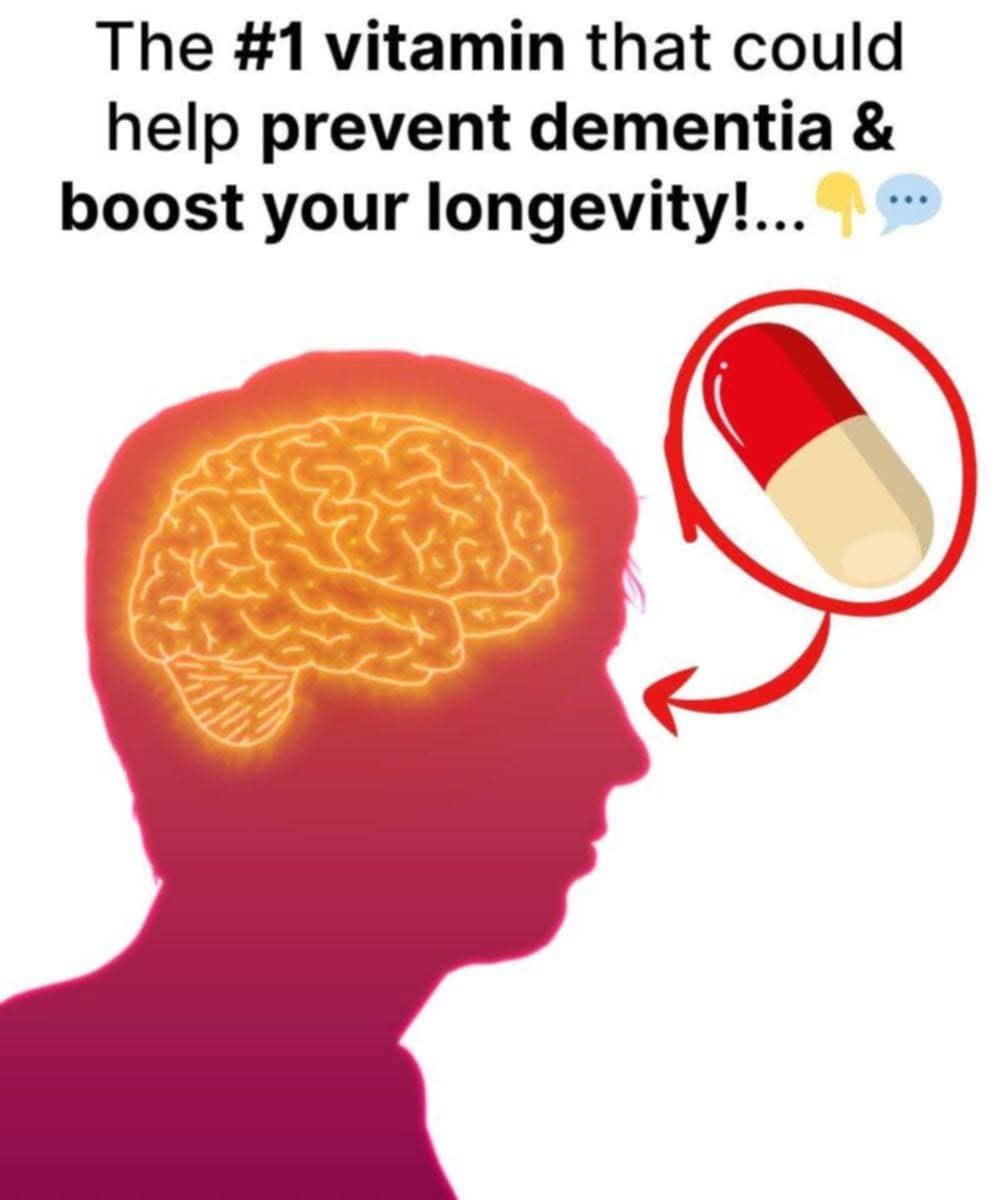The Overlooked Vitamin That Could Protect Your Brain
Dr. Liu Jia-Yia draws attention to a commonly overlooked yet vital nutrient for brain health: thiamine, also known as Vitamin B1. Although it’s not often in the spotlight, thiamine is essential for healthy brain function. A deficiency in this vitamin can lead to serious cognitive problems—including dementia.
The Silent Danger of Thiamine Deficiency
Despite modern medical advancements, dementia rates are still rising in some countries, like the United States. Meanwhile, places such as Singapore have seen a decline. One possible reason? Differences in thiamine intake.
Thiamine plays a central role in converting carbohydrates and fats into energy—especially for the brain. In the U.S., certain foods like bread and cereals are fortified with Vitamin B1. However, this may not be sufficient. Food processing and modern cooking techniques often strip thiamine from our meals before we even consume them.
How Common Foods May Be Depleting Thiamine
Take white rice, for example. It’s a staple in many diets around the world, yet most of its natural thiamine content is removed during processing. Unlike brown rice, it lacks the nutrient-rich outer layers.
In the past, communities that heavily relied on white rice without supplementation suffered from widespread thiamine deficiency—leading to poor cognitive function and impaired decision-making.
Even rinsing rice to reduce arsenic can remove the small amount of thiamine left in it. The same goes for boiling food and discarding the water, which washes the nutrient away.
Everyday Habits That Quietly Drain Thiamine
Thiamine deficiency doesn’t happen overnight. It develops slowly and is often misdiagnosed, as symptoms like fatigue, brain fog, and irritability are vague. Several daily habits can worsen the problem:
Alcohol: Cuts thiamine absorption by nearly 50%.
High-heat cooking: Destroys thiamine, especially when alkaline ingredients like baking soda are used.
Caffeine: Present in coffee and tea, it acts as a diuretic and contains compounds that interfere with thiamine.
Raw seafood: Contains enzymes that break down thiamine in the digestive tract.
Preservatives (sulfites): Found in processed foods and wine, they degrade Vitamin B1.
Medications That Reduce Thiamine Absorption
Several common prescription medications can interfere with thiamine levels:
Antacids and proton pump inhibitors: Lower stomach acid, which is needed to absorb nutrients.
Diuretics: Cause the body to expel more thiamine through urine.
Metformin: A widely used diabetes medication that can lower thiamine over time.
These drugs are important for many individuals, but their effect on nutrient absorption is a side effect worth monitoring and managing.
The Role of the Kidneys
The kidneys help regulate thiamine levels in the body. However, high blood pressure—often linked to processed, high-sodium diets—can damage the kidneys, leading to increased nutrient loss. Early kidney issues often go unnoticed but may quietly contribute to deficiency.
Other risk factors include:
Exposure to heavy metals
Chronic gut conditions (like IBS or ongoing diarrhea)
Aging, which naturally reduces stomach acid needed for proper absorption
Brain Health Takes More Than Just One Vitamin
While thiamine is essential, it’s only one piece of the brain-health puzzle. Other critical nutrients include:
Vitamin D: Technically a hormone, it helps regulate mood, memory, and cognitive performance. It works best when paired with nutrients like magnesium, zinc, boron, and Vitamin K2.
Omega-3 fatty acids (DHA & EPA): These essential fats are key structural components of the brain. They support memory, mood, and protect neurons. Deficiency has been linked to issues like insomnia and depression.
Supporting Brain Health Starts with Nutrition
Rather than waiting for symptoms of cognitive decline, we should take a preventive approach—one rooted in nutrition and awareness. The best way to nourish the brain is through whole, minimally processed foods, not just supplements.
By making informed, intentional choices in what we eat and how we live, we can protect our brain function, preserve mental clarity, and age with greater vitality and awareness.
